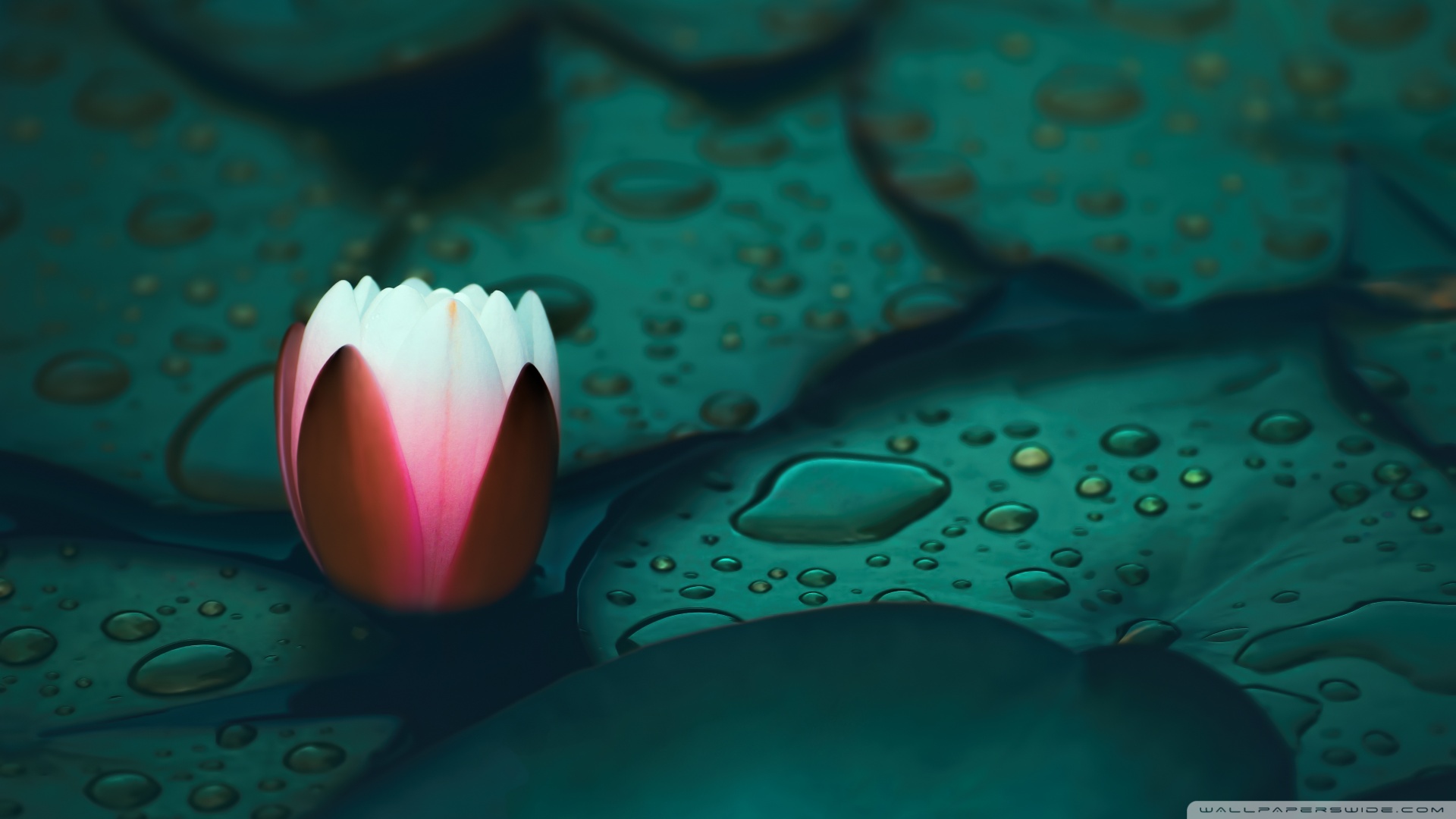Like shooting stars, like candle light, like tricks of the eye,
Like dew, illusions, and bubbles of water,
Like dreams like lightning, and like clouds
Such are conditioned phenomena.
—Shakyamuni Buddha
The Buddha was a strange man. Wasn’t he? Instead of making us feel secure and safe in a tangible, solid, concrete world, he did just the opposite. He pointed out that this world we live in is not as solid and real as we make it out to be. And that we, its inhabitants, are short lived. We are like shooting stars. We are as fluid as meandering rivers: as fleeting and unreal as tricks of the eye. What could be more disturbing to us – humans who live all of our lives craving a sense of security, permanence, and stability? What could be a worse insult to our self-centered self-importance? The Buddha was definitely not a people-pleaser!
What was he trying to do then? The young Siddharta, during his years of intense meditation experience, realized some important facts of life that we tend to ignore. He taught that by ignoring these facts we will only suffer more pain and anguish. But was he right? Well, to really know, we need to see for ourselves. The principal teachings of the Buddha are not a belief system separate from living. Based upon his own personal understanding, they are teachings that live and flourish in experience.
Early in his life as a teacher, The Buddha pointed out to his students that he did not want them to blindly trust his teaching. Instead, he said, they should test his words in their own lives to discover whether his teachings actually made sense and were valuable in their experience:
“Examine my words in the same way a goldsmith examines gold. He cuts it, burns it and hammers it. In the same way, accept my words only upon careful examination.”

In the same way, don’t take anything you read here or in Dharma books at face value. Examine everything carefully. Understand that certainty and trust only come through your experience. They do not come through intellectual understanding. The words that are written here are not merely to be read and then intellectually understood. Yes of course, understanding is the first step, but then we need to take things one step further. This crucial step is called reflection. Reflection and contemplation is what makes our intellectual understanding grow, unfold, and transform into real experience. For instance any one of us may have intellectually understood that we will die, but if we have really reflected on the meaning of our own death, and thus made our conceptual knowledge a felt knowing; a knowing that lives deep under our skin, then we might have lived our life entirely differently. Isn’t it so?
Likewise, these days there is a whole lot of talk about meditation. Many people say that they know clearly how good meditation is for them, but then they have all sorts of explanations for why they are not meditating much. Why is this? Think about it… Have you ever noticed this in yourself?
Often we know clearly that something would be good for us, but then we do not do it. There seems to be a clear divide between saying that we know something, and the real living understanding. Doesn’t there? Because if we really understand that something is good for us, enjoyable and achievable, we immediately judge it to be desirable and find ourselves running after it. Therefore, we need to acknowledge superficial intellectual knowing and distinguish it from the living understanding that is based upon reflection and experience.
We live in a world focused on what is outside us. We are not raised to consider looking within ourselves. We are taught from a young age that we need to become something more than we are right now. We are encouraged to always be doing: we must learn; we must buy; we must acquire and achieve. And for absolute certain we must become better than we are right now just sitting here doing nothing. The Buddha taught the opposite. He said that by learning to let the mind be, just as it is right now, all our good qualities can unfold from within. This is quite opposite of what we are used to hearing, isn’t it?
We are never taught to just be. Meditation has a lot to do with learning how to simply be. Be in this very present moment without doing anything, without trying to achieve something, produce something, or get something. It runs counter to all our habits; our cultural restlessness that we learned as children. To sit on our butts and just be – without doing anything, without working hard, without judging how we are sitting there, is extremely difficult for us. We don’t like it. It often seems utterly boring and we don’t always sense the benefits that come from it: the benefits of reacquainting ourselves with our true nature, which is spacious, loving and untroubled. If we have never tried it, we might think it is quite useless. Or we may have romantic ideas about meditation, and think that meditation sounds interesting. We think it would be exciting to just be in stillness without doing anything. Or we realize that it must be pretty amazing to live without judging everything! But then when we actually try it, we see that it is not that easy and is often not exciting at all. And so we find ourselves preferring the distractions of the outer world with its seemingly real objects that we again judge as either desirable, undesirable or irrelevant.
Thus, the first excuse we have for not wanting to meditate is that is runs counter to what we are used to. Secondly, and most importantly, our understanding of the beneficial effects of meditation is superficial—it has not penetrated even the first layer of our skin.
These days our minds are so fragmented and scattered that it has become harder to come to the clear decisions, which are rooted in reflection. To determine whether something is really good for us takes time. It takes time to see seeds unfolding. Not many people are willing to spend time cultivating these seeds. Everything has to go fast. We go faster and faster, because we feel we have no time. Yet all the while we get lost in the ‘busy-ness‘ of this life. Oddly, when we are moving this fast, we don’t see how quickly our life is passing. We don’t see that we are wasting our time in meaningless pursuits. And so we end up suddenly surprised and shell shocked when we stand at the threshold of death. But didn’t we know all along that we were going to die? Once again, our knowing did not go very deep, for otherwise, we would have noticed that our life was running out. When we are in the last moments of this life, what seeds, what skills, what habits of mind will we wish we had tended?
Photos provided by the author.
